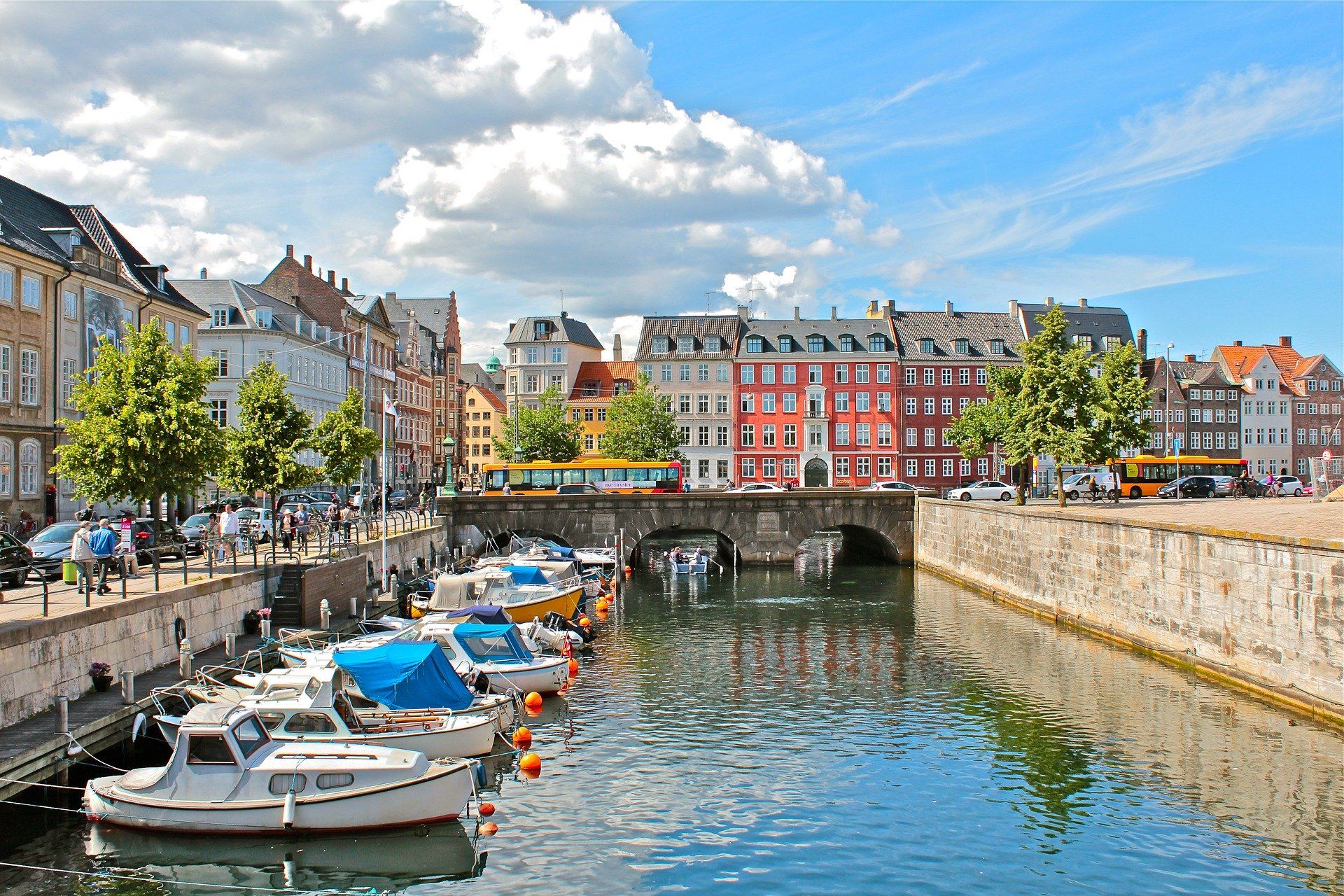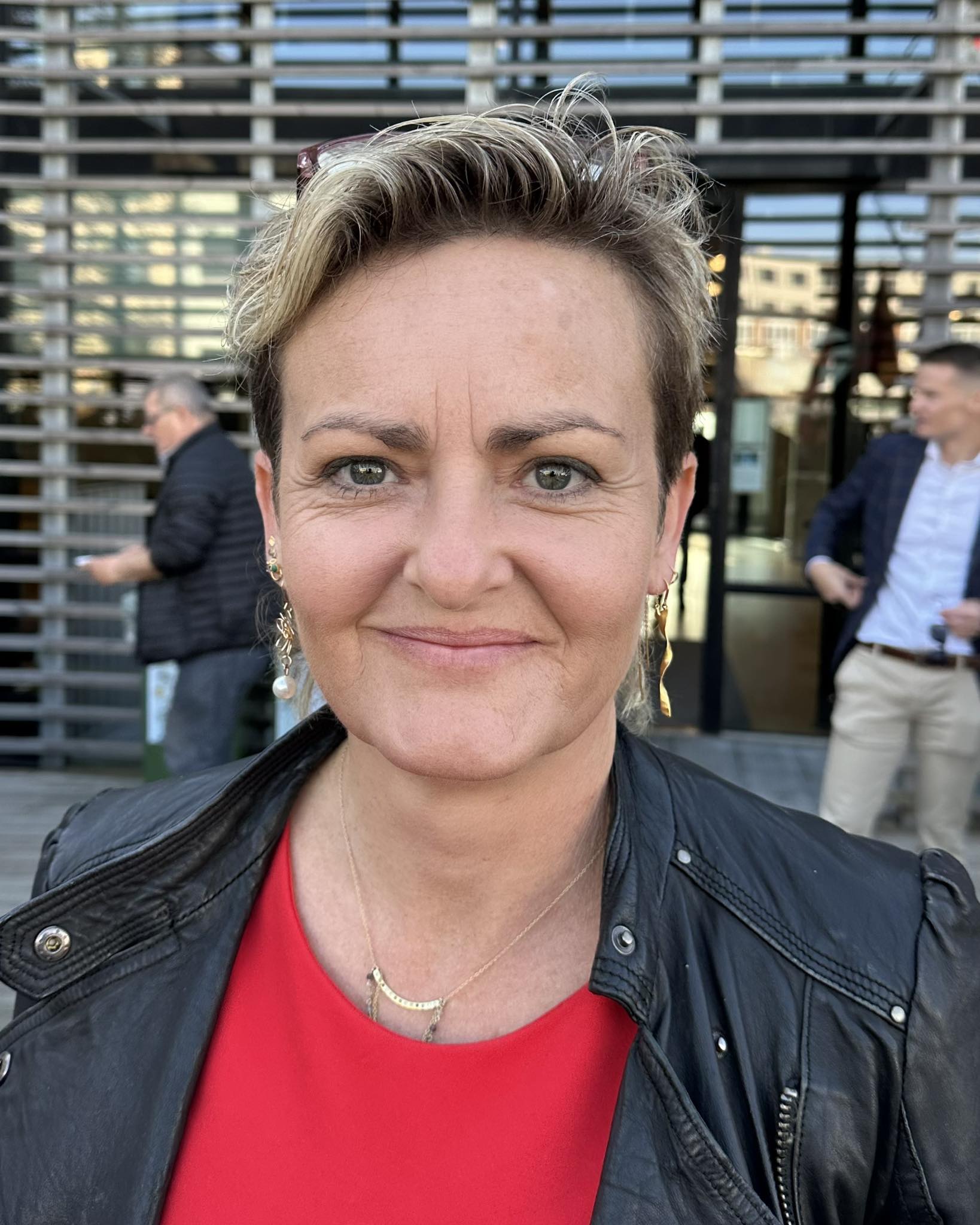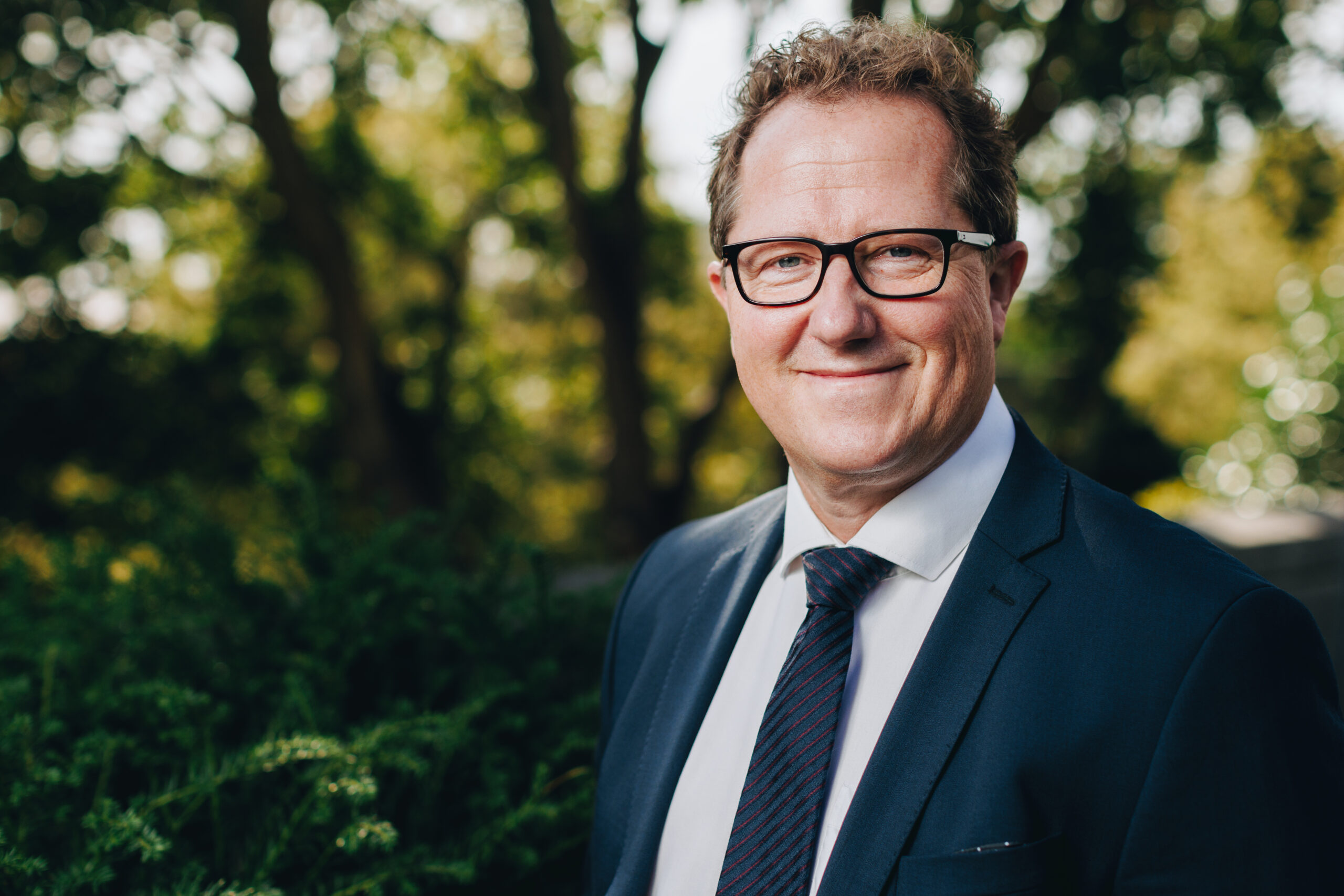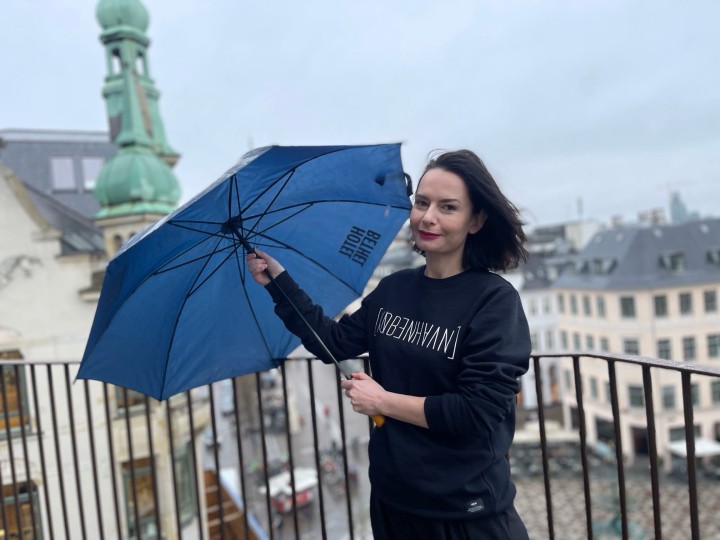The government’s ethical council (Det Etiske Råd) believes single Danish men should not be entitled to a surrogate mother.
In Denmark, it is currently illegal to pay a woman to bear someone else’s child as it is illegal to facilitate such services for others.
Breaking the law is punishable with a fine or up to 4 months in prison.
However, altruistic surrogacy – when the mother is not paid – is allowed.
READ MORE: Government looking into easing ban on double fertility donation
Trading female bodies
According to Thomas Ploug, a member of the council, the commercial use of woman’s body to carry someone else’s baby is ethically problematic and may have psycho-social consequences for both the mother and the baby.
“[Commercial surrogacy] can impart completely wrong views on women as we would trade the female body,” Ploug told DR.
“And secondly, women would perhaps expose themselves to something they do not want to, because of economic distress.”
READ MORE: Gay couple adopts child from abroad for the first time
Not a human right
Ploug also argues the state does not have an obligation to help men have children at any price, since having children is not a human right.
He does not believe it is an equal opportunity problem either as getting an egg or sperm donation is not the same as having to carry a baby for nine months.
But if single men should demand the same rights in regards to fertility treatment, then single women should lose the right to have children too, suggests Ploug.
Stine Willum Adrian, a PhD in techno-anthropology at Aalborg University, notes that other avenues could be taken to solve the issue.
For instance, some people have successfully formed alternative family constellations, where friends decide to have children together.
READ MORE: The male abortion: no clinic, no contributions, no connection
Fewer people having kids
In Denmark, nearly 20 percent of men at the age of 50 do not have children, a steep increase compared to 1991 when 13.6 percent of 50-year old men were childless.
The percentage of childless women at the age of 50 has also grown significantly from 8.2 in 1991 to 12.2 in 2016.
The Danish Fertility Society estimates that last year about 580 babies were conceived by women without a partner, while the number was 478 in 2014.














